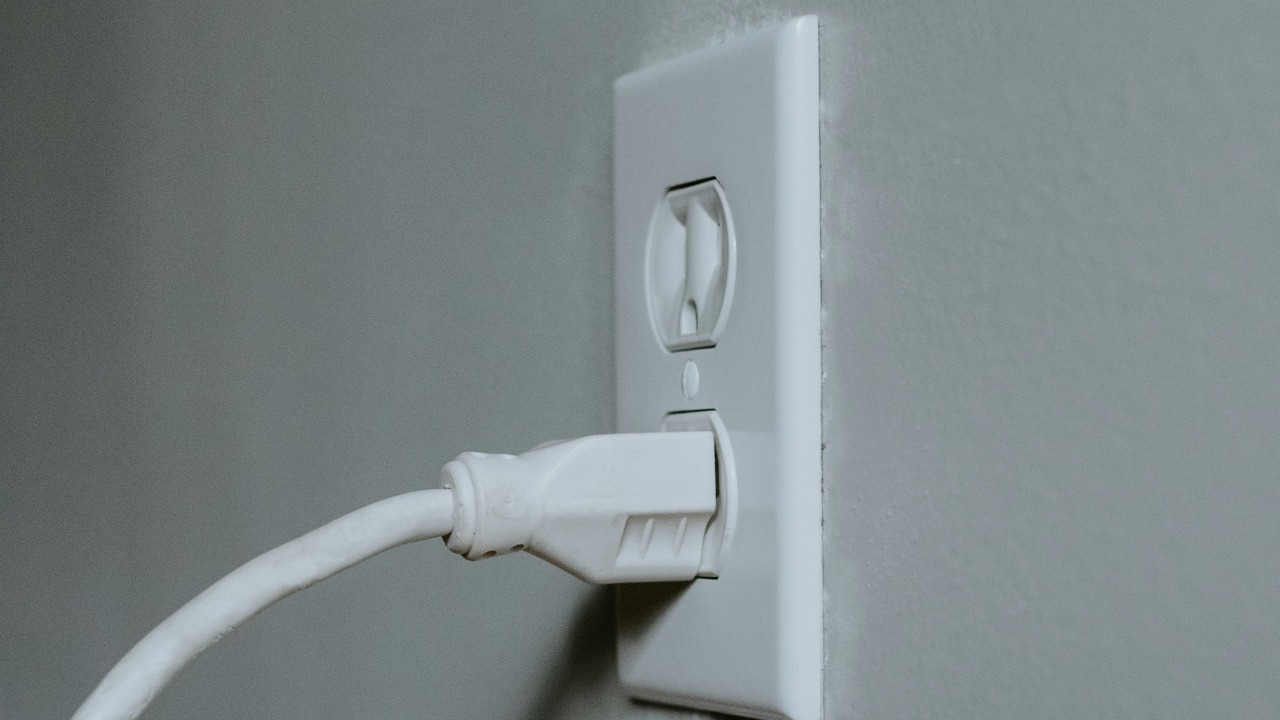
Smart plugs offer the convenience of controlling household devices remotely, but they come with risks if used improperly. Certain appliances can exceed the typical 15-amp circuit limits of smart plugs, leading to potential electrical overloads and fires. A recent report highlights five specific items that should never be plugged into a smart plug due to these hazards. This guidance aligns with broader warnings about power strip and USB port usage, emphasizing the importance of understanding the limitations of these devices.
Space Heaters
Space heaters are notorious for their high power draw, which can easily overwhelm a smart plug. These devices are designed for intermittent use, not the sustained loads that space heaters require. The risk of overheating and potential fire hazards makes it crucial to avoid using smart plugs with space heaters. Instead, it’s safer to connect space heaters directly to a wall outlet. For those seeking convenience without compromising safety, integrating a smart thermostat can offer a more reliable solution. This advice is consistent with warnings about power strips, where space heaters are also listed as a prohibited item due to similar overheating risks, as noted in Bob Vila’s report.
Refrigerators
Refrigerators pose a unique challenge for smart plugs due to their constant cycling on and off, which can quickly wear out the relays within a smart plug. This wear and tear can lead to premature failure, potentially leaving your food at risk of spoilage. Refrigerators require stable, high-amperage power, making them unsuitable for extension-style devices like smart plugs. Monitoring the compressor’s startup surges is essential, and a hardwired setup is recommended for these critical appliances. This aligns with advice from Michigan’s Thumb, which highlights the importance of stable power for refrigerators.
Air Conditioners
Air conditioners, particularly window or portable units, often have excessive startup wattage that can spike beyond the ratings of most smart plugs. This can trigger circuit breakers or, worse, cause fires. The high demands of air conditioners’ compressors make them unsuitable for smart plug use. Instead, it’s advisable to use dedicated circuits and consider energy-efficient models to avoid compatibility issues. This recommendation is supported by SlashGear’s report, which lists air conditioners among the top items to avoid plugging into a smart plug.
Microwaves
Microwaves require significant power during operation, which can cause smart plugs to overheat due to the intense activity of the magnetron. This overheating risk makes microwaves a poor match for smart plugs, as noted in the SlashGear report. For kitchen safety, it’s best to place microwaves near wall outlets and use surge protectors specifically rated for kitchen appliances. This setup ensures that the high power needs of microwaves are met without risking damage to your smart plug or home electrical system.
Medical Devices
Medical devices, such as CPAP machines, require uninterrupted power to ensure user safety. The potential for smart plug failures poses a significant risk, as unexpected outages could endanger health. This concern is echoed in warnings about sensitive gadgets on limited ports, such as those found in MakeUseOf’s report. For medical equipment, direct connections are essential to maintain reliability and safety. Similarly, Pocket-lint advises against using power-sensitive items on USB ports, reinforcing the need for stable power sources in medical contexts.
More from MorningOverview